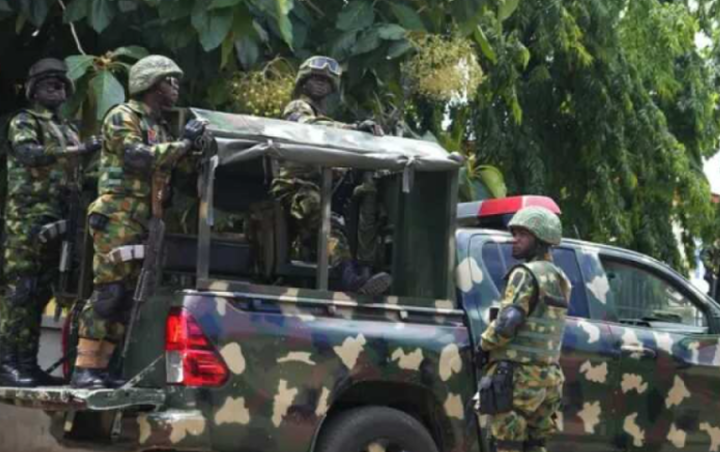WAEC Faces Probe and Legal Action Over Exam Irregularities and Midnight Tests

The 2025 West African Senior School Certificate Examination (WASSCE) in Nigeria faced significant operational failures, culminating in widespread confusion and severe disruption, especially during the English Language paper. Many candidates across various examination centres were compelled to take their exams late into the night, often under inadequate lighting conditions, sparking outrage and raising serious questions about the conduct and credibility of the examinations managed by the West African Examinations Council (WAEC).
The primary cause of these disruptions, as explained by Dr. Amos Dangut, the Head of WAEC's national office in Nigeria, was a cascade of logistical challenges triggered by the leakage of original examination questions. This necessitated a last-minute reprint of new exam papers. Dr. Dangut revealed that WAEC’s internal printing press was operating at only 50 percent capacity, compelling the council to engage external vendors, a move which reportedly contributed to the initial leak. Further complicating matters, the overnight distribution of the newly printed papers was hampered by vehicle breakdowns in difficult terrains.
The direct consequence of these failures was that students in numerous centres started the English Language paper, originally scheduled for 9 a.m., as late as 8 p.m. or 9 p.m. Reports indicated that candidates had to rely on improvised lighting sources such as torchlights, mobile phone flashlights, and even candles to read and answer their question papers, creating stressful and inequitable examination conditions.
Appearing before the House of Representatives Committee on Basic Education and Examination Bodies, Dr. Dangut initially asserted the credibility of the examinations nationally, despite "pockets of places that had challenges." However, under persistent questioning, he conceded that exams conducted under such compromised conditions "did not meet the council’s standards" and were ultimately "substandard" and "not credible." Dr. Dangut offered an apology to all Nigerians, parents, candidates, and stakeholders for the glitches. He stated that WAEC, in collaboration with schools and parents, provided alternative light sources and that candidates were not denied food or basic support. He also announced that an investigation had commenced, with promises of legal action against those found wanting, and that investments were being made to upgrade WAEC's printing press to full capacity to prevent future incidents.
The situation drew strong condemnation from the House of Representatives Committee. The committee chairman, Rep. Oboku Oforji, emphasized that Nigerians deserved a full explanation for the "poor handling" of the WAEC examinations. Several committee members, including Rep. Billy Osawaru and Rep. Amobi Ogah, were scathing in their criticism. They described the events as a national embarrassment and called for Dr. Dangut's resignation, asserting that WAEC had failed. Rep. Ogah further suggested that the disruptions disproportionately affected students in the south-east, questioning if this was a result of sabotage or targeted action. The committee formally requested WAEC to provide its operational guidelines and a detailed report on the conduct of the 2025 SSCE in the affected areas.
In response to the examination fiasco, Lagos-based lawyer and human rights activist Evans Ufeli initiated legal proceedings against WAEC and the Minister of Education at the Federal High Court in Lagos. The suit, filed on behalf of affected students, seeks to declare the conduct of the May 2025 English Language examination unlawful, inhumane, and constitutionally defective. Ufeli accused the authorities of subjecting students to degrading and traumatic conditions, violating their fundamental rights to human dignity, fair hearing, and life, as enshrined in the Nigerian Constitution, the Child Rights Act, and the African Charter on Human and Peoples’ Rights. The lawsuit demands a re-sit of all affected examinations under appropriate conditions and seeks N100 billion in damages for the trauma and rights violations endured by the students.
The widespread failures in the administration of the 2025 WASSCE have not only highlighted critical deficiencies within WAEC's operational framework but have also ignited a national debate on accountability, the welfare of students, and the integrity of public examinations in Nigeria. The outcomes of the parliamentary investigation and the ongoing legal challenge are keenly awaited as stakeholders call for comprehensive reforms to restore confidence in the examination body.











